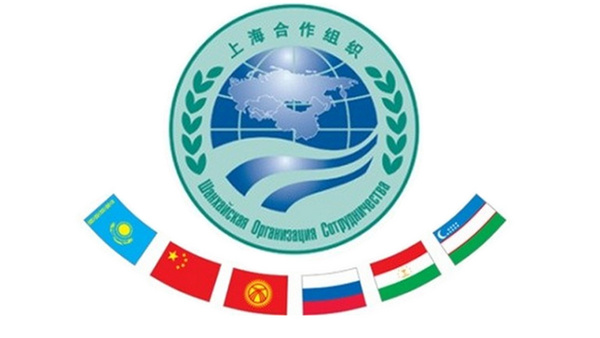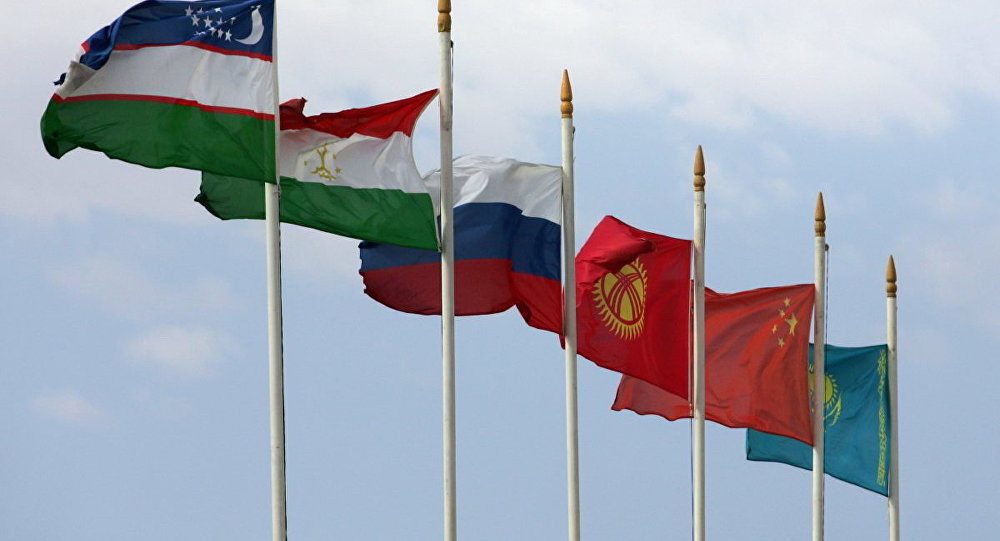University of Shanghai Cooperation Organization (USCO)
University of Shanghai Cooperation Organization (USCO)
What is the SCO?
On August 16, 2007, at the Bishkek summit of the Heads of Government of the SCO member states, Russia proposed the creation of a University based on the network principle. Based on the coordination of the activities of the national departments responsible for the development of education, systematic work began on the development of the concept, plans and forms of development of the SCO University. The main coordinating body was the working expert group for the development of cooperation in the field of education of the SCO.
Which countries are members of the Shanghai Cooperation Organization?
At the summit in Beijing, the participating countries: Kazakhstan, China, Russia, Tajikistan and Kyrgyzstan unanimously declared that they were ready to launch the SCO University in a pilot mode.
The main goals and objectives of the Organization are to encourage effective regional cooperation in the political, trade, economic, cultural, educational and other fields, as well as to maintain and ensure peace, security and stability in the region.
How does this university work?
The SCO University functions as a network of existing universities in the SCO member states.
In the 2010-2011 academic year, the first enrollment was carried out to prepare students for the main areas of the master's program - "Energy", "IT-technologies". They were chosen by KSTU as the most promising for our republic. The entire regulatory framework was prepared, in particular, the methodology for harmonizing master's programs.
What do you need to do to get admitted?
KSTU cooperates on the Energy Engineering program with the National Research University MPEI and on the IT-Technologies program with ITMO University.
A student who wants to enroll in USCO programs goes through the standard procedure for entering a master's program at KSTU. Further, the master student has two trajectories of education. You can take a course of study at KSTU, as well as at a partner university, and receive two diplomas upon completion. You can also attend one of the USCO partner universities for several courses in the chosen specialty, which will be credited as part of the main training program. USCO students will study together with the main stream of students of the chosen university. Upon graduation, graduates will receive two documents on education - a diploma from the university on the basis of which they studied, and a certificate from the SCO University.
The main trends in the development of education in the SCO countries are the emphasis on training personnel in the field of modern engineering technologies and nanotechnologies. The main goal of the USCO is to train modern-minded youth, who, along with the possession of super modern technologies, would be brought up in the spirit of tolerance and respect for the cultural characteristics of other peoples.






